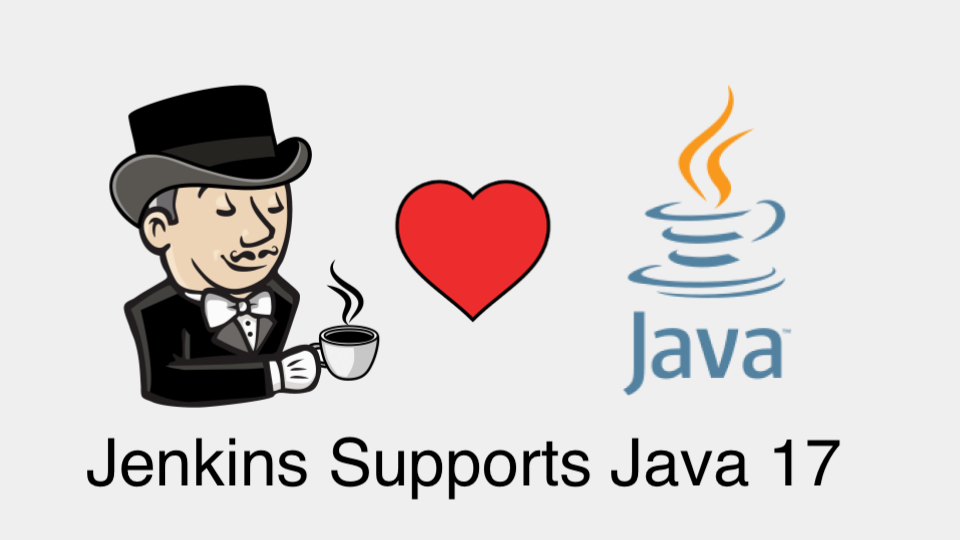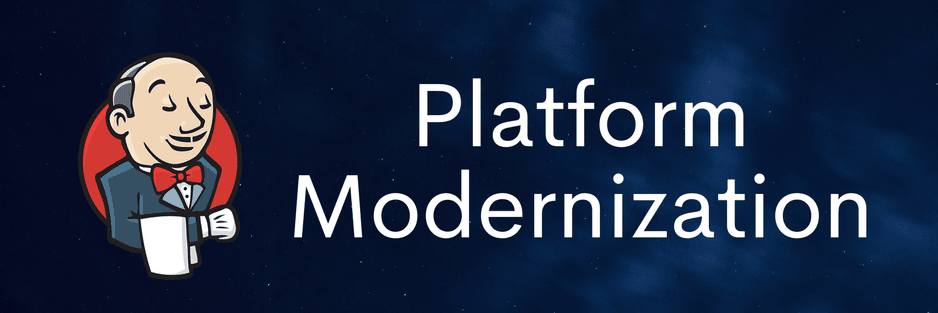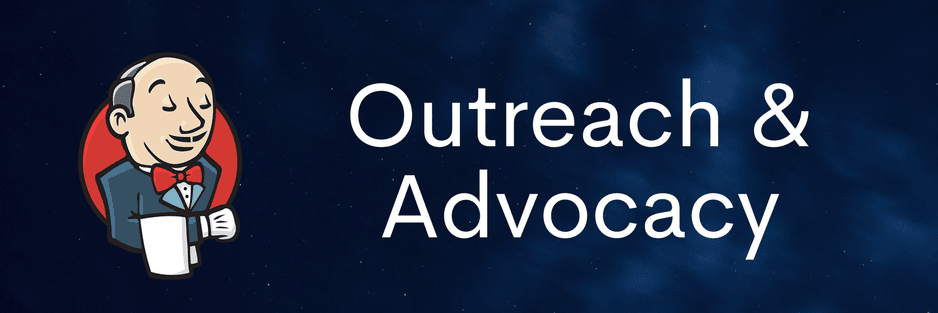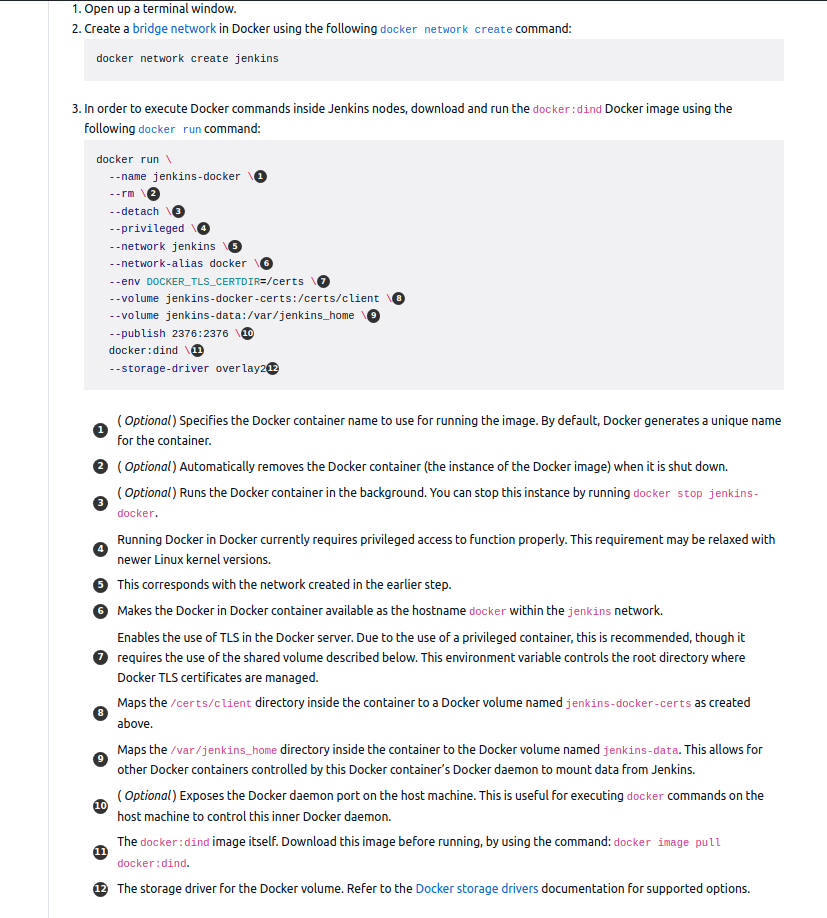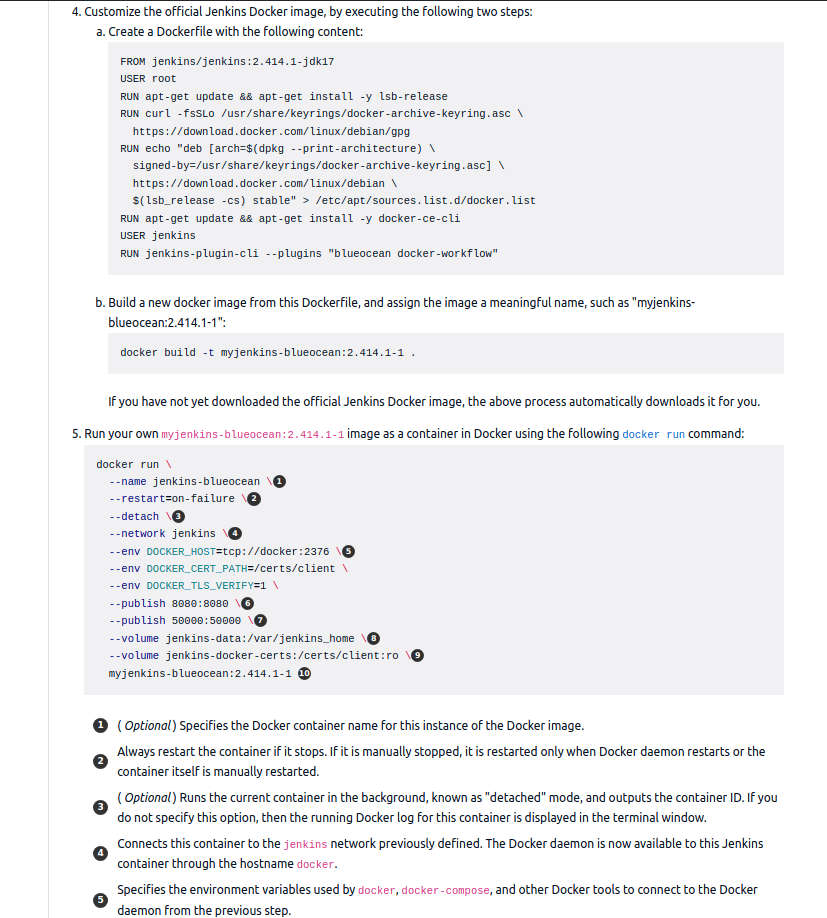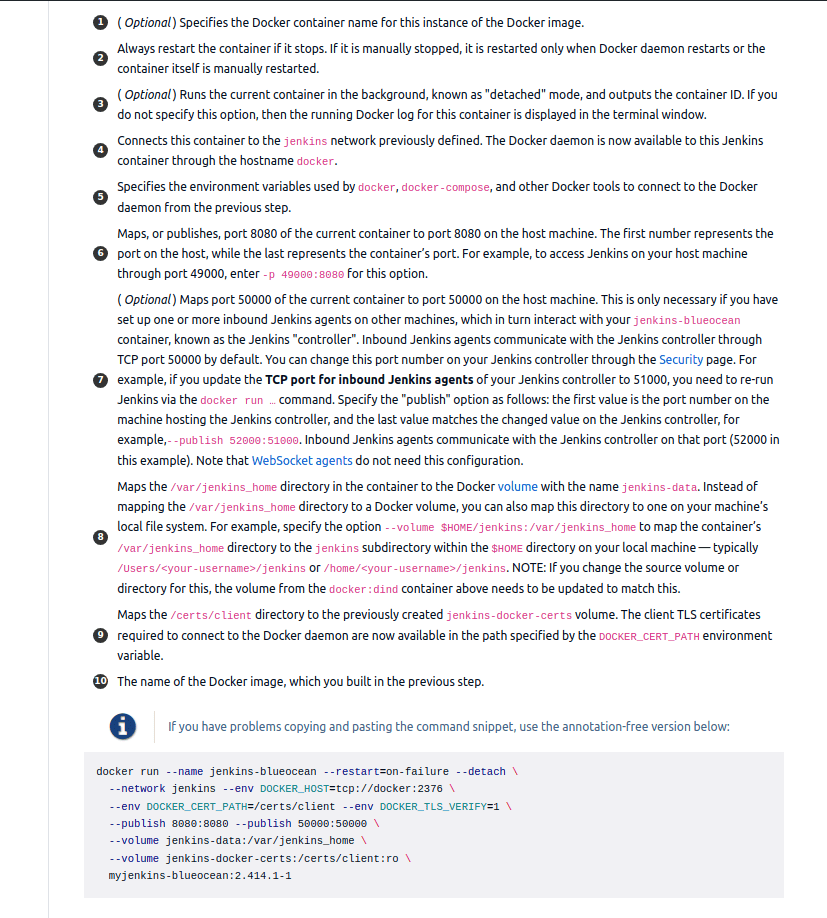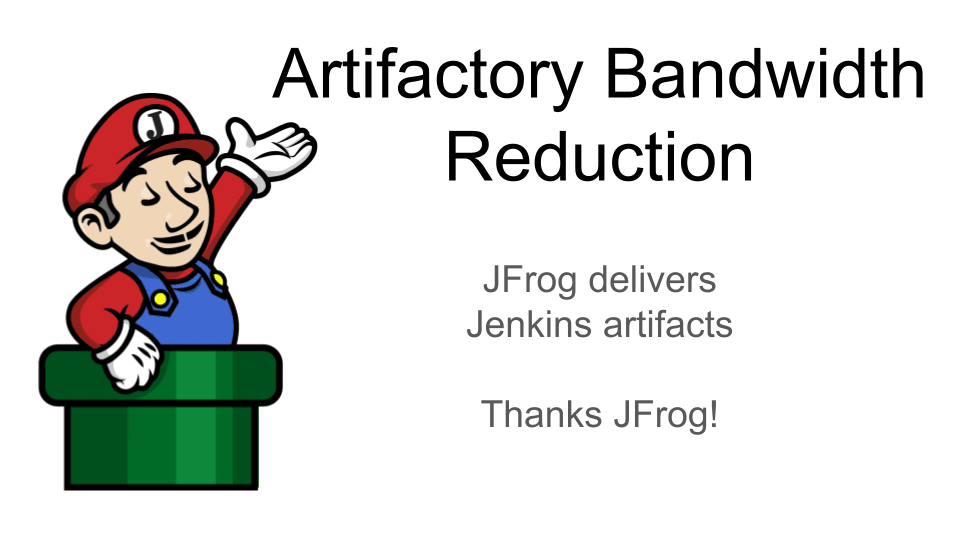Introduction
A third-party repository is a repository that is not hosted at https://repo.jenkins-ci.org/.
The Jenkins Infra team was concerned about the dependencies used by third-party repositories. These repositories are a concern, not just for security reasons, but also for reliability.
The third-party repository detection probe ensures that plugins are built only from trusted and reliable Maven repositories.
Importance of the probe
This probe was requested by the community. In the ticket description, one of the plugin developers asked the Jenkins team to include a third-party repository in the plugin build. With the probe in place, the Jenkins team can now identify the plugins they should add to the build process.
Challenges
In a Maven project, all the dependencies are listed in the pom.xml file.
A plugin can have multiple pom files, and each module may have its own pom.
This means that there can be multiple child poms in the same repository.
A major challenge in this probe was considering the parent and child pom relationship from all angles.
Outcome
During code reviews and test cases, we noticed that there were assumptions made regarding Maven’s project hierarchies.
Furthermore, some edge-case scenarios were not considered while specifying the probe. Due to the number of open questions, this probe was put on hold until further research was completed. The goal of doing this was to adapt the project architecture to tackle the newly identified cases.
Learning
I implemented parameterized test cases to test the probe. Additionally, I extensively read the Maven documentation to understand how to test POM structure, inheritance, and Maven API.
Conclusion
This probe is currently partially completed, with approximately 60% of the code and test cases already implemented.
The objective is to create an efficient pom probe capable of aggregating all the parent-child pom relationships into a single file. By doing so, we can easily list the third-party repositories used in every pom file within the repository.
Links
For more information or to find answers to any questions you might have, please visit the official GSoC 2023 project Adding Probes to "Plugin Health Score" description page.
